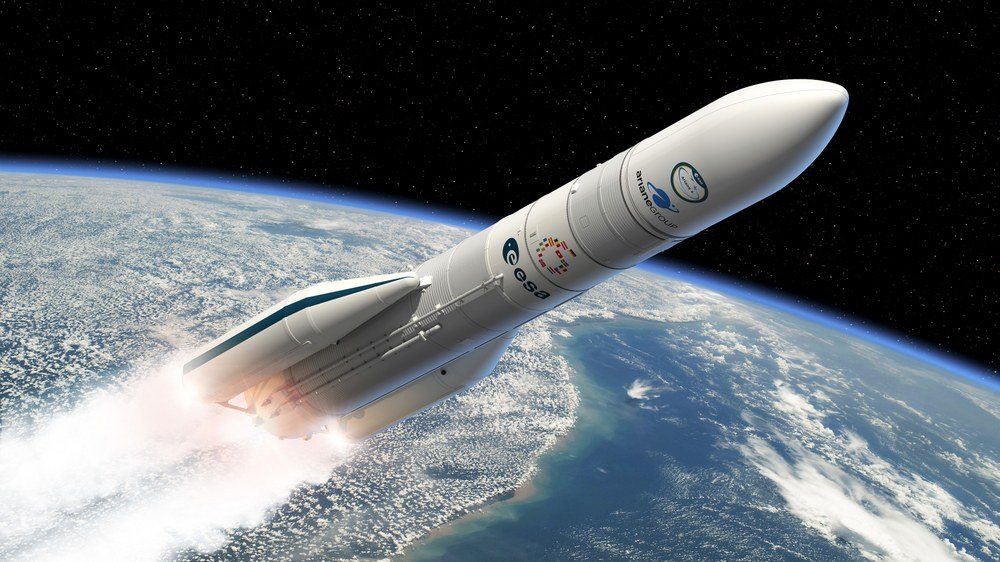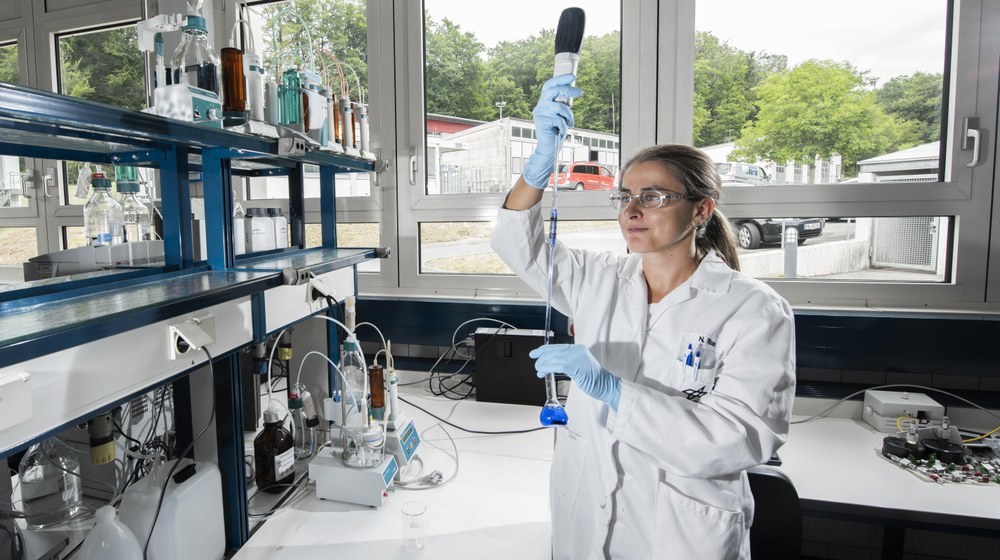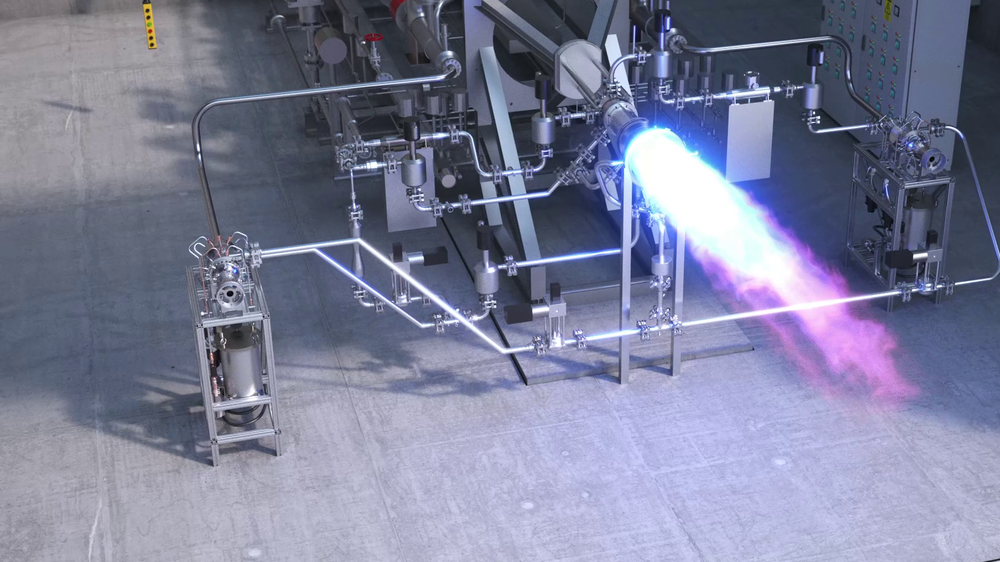Liquid Upper Stage Demonstrator Engine LUMEN
The DLR project LUMEN aims to develop a complete liquid oxygen / methane demonstrator engine in the 25 kilonewton thrust class.
Space research influences decisions in science, politics and industry and drives technological development on Earth. Many innovations and developments are the result of space flight. In addition, the pioneering spirit it requires is a constant source of fascination. But there are other reasons why we cannot do without space flight.

ESA / D. Ducros
Global earth observation, telecommunications, radio and television – these all require satellites. They help us to better protect our environment and human lives. However, the best satellites are useless if they are not orbiting in space. Rockets are used to bring them from Earth into the right orbit. As satellites are an extremely expensive and often one-off transport item, the launchers for this cargo must be particularly reliable – and also affordable, powerful and flexible in order to remain internationally competitive in commercial space flight. The European Space Agency (ESA) has been operating the Ariane program since 1973. This ensures that the member states have independent access to space.
The DLR Institute of Space Propulsion at the Lampoldshausen site is a European leader in the research, development and testing of space propulsion systems and components. With its versatile and globally valued expertise and experience, the DLR Institute offers its institutional and industrial customers and partners project support and implementation from the basic idea to the final, flight-ready hardware realization. The Lampoldshausen test site is an important German contribution to securing Europe's independent access to space and the success of current and future European space projects.
The DLR Institute's research promotes the development of sustainable rocket engines and supports both German and European space programs. The research topics range from pre-combustion chambers, turbopumps, thrust chambers, rocket nozzles, fuel management, ignition, cooling and combustion instabilities to service life measurements and manufacturing techniques. Another focus is the development and testing of sustainable, environmentally friendly and green propellants, which are to be used as an alternative to hydrazine-based propellants in satellite engines.
Research into the propulsion concepts of the future is of crucial importance for the development and operation of the next generations of launch vehicles.



